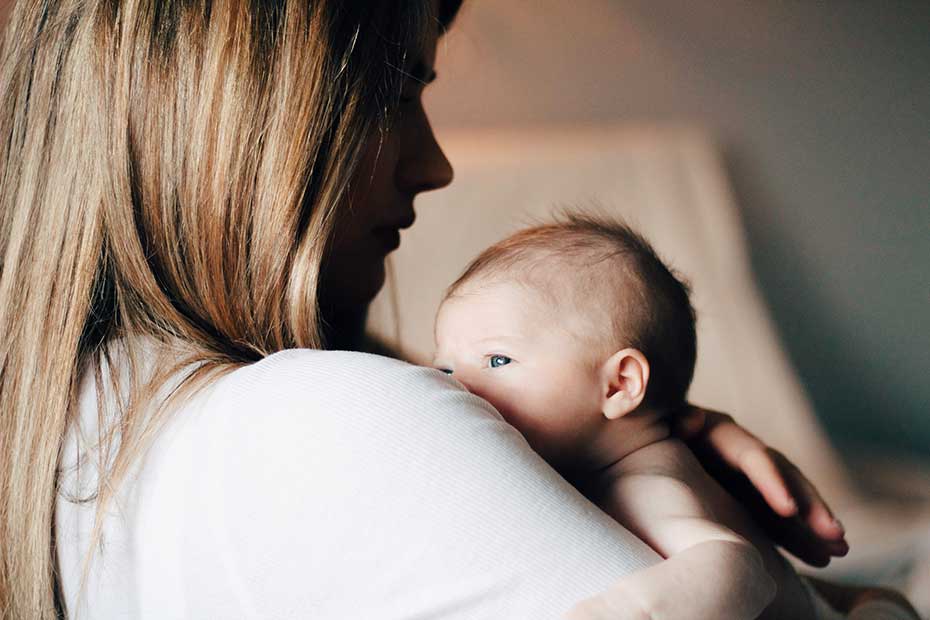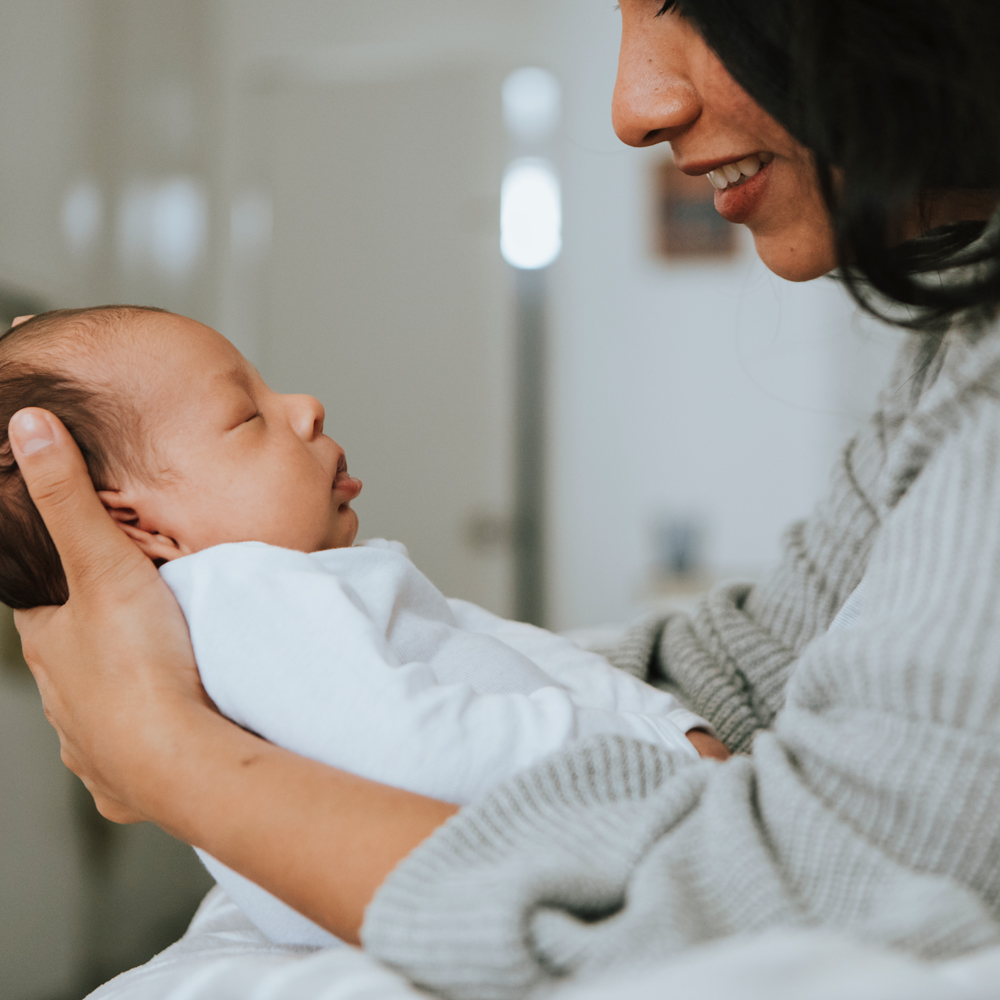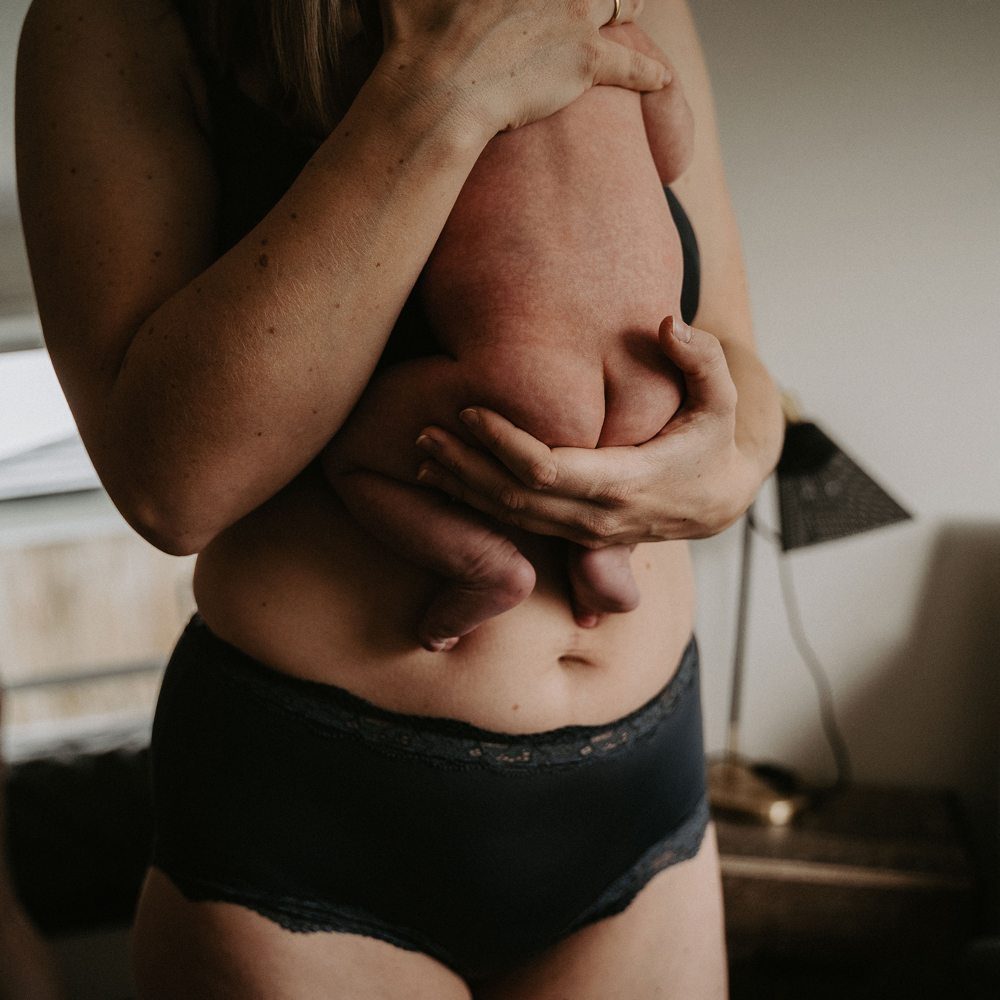What Happens to Mum Immediately After Birth?

What to expect for the māmā, after the baby is born.
Bonding
The emotional feeling of birth and meeting your baby for the first time is different for everyone. You might be overcome with love and feel an instant connection with your pēpi or you may simply be relieved that the birth is over. If you don’t feel a bond with your baby straight away, that’s okay and completely normal; it may take some weeks for you to get to know each other. Be kind and patient with yourself, māmā.
Cuts, tears and stitches
The majority of people (it is estimated to be around 85%) who have a vaginal birth in New Zealand will have some degree of trauma to their perineum, vagina, or anus as a result of childbirth. It can occur spontaneously as the baby is birthed or it may be due to an episiotomy.
Most people who have a graze or tear will require suturing (stitches) – those who have had an episiotomy certainly will. Your midwife or obstetrician will likely use dissolvable stitches so you don’t need to return to the hospital to have them removed. There are varying degrees of tears – a first-degree is mild and a fourth-degree is the most severe. If you haven’t had pain relief during your labour, such as an epidural, you may be offered some drugs for the repair, depending on its severity. Extensive second, third, and fourth-degree tears often need to be repaired in an operating theatre.
Retained placenta
Once the placenta is delivered, your LMC will check to make sure it is fully intact, ensuring there isn’t any tissue remaining in your uterus. If there is retained placenta, this can lead to an infection or postpartum haemorrhage which can be fatal. You may be transferred to the theatre for a procedure to manually remove the retained product in this instance.
Postpartum haemorrhage
If you are bleeding excessively due to retained placenta, genital trauma, uterine rupture, or any other medical condition, your LMC will attempt to control the bleeding. If you have given birth at home or at a birthing unit, you may be transferred to the hospital for treatment.
Being Discharged
On average, most people in New Zealand who have had a vaginal birth will stay in the hospital for up to a couple of days and those who have had a C-section will usually stay up to five days. You may also choose to transfer to a birth centre facility for your postpartum stay if one is available in your area. Alternatively, you may only want to stay for a couple of hours before going home if your birth has been straightforward. Different maternity units have different policies on the length of stay available. If you don’t feel ready to be discharged yet or require more help, you should discuss your concerns with the midwives and nurses who are looking after you.



